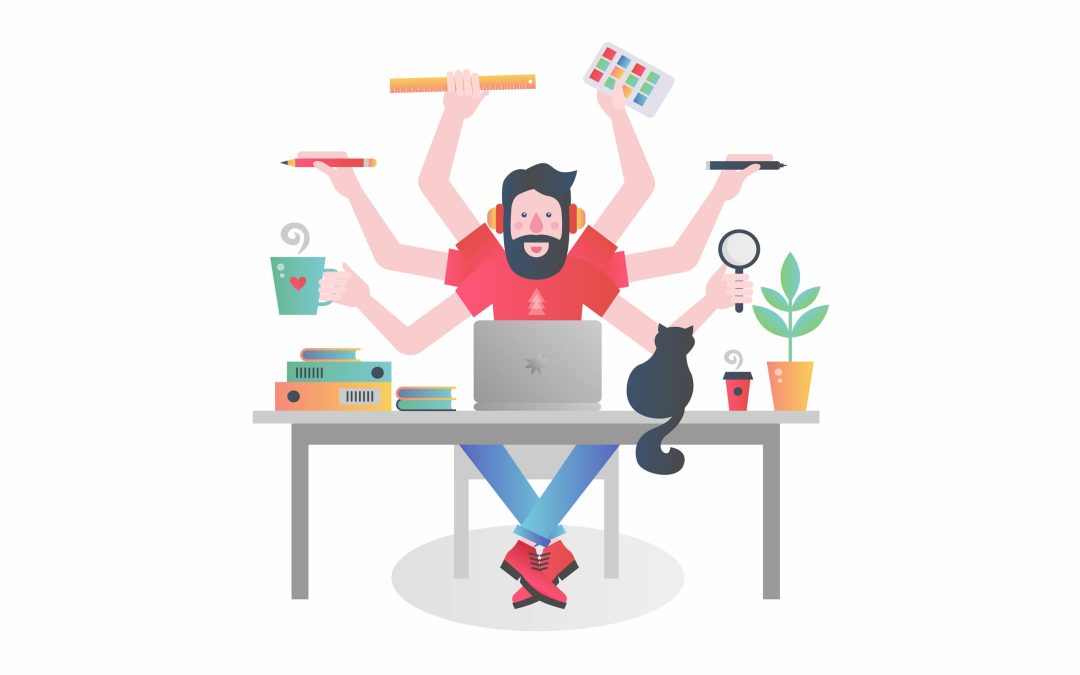Are you trapped in the busyness paradox?
Why is it so difficult to create free time – even when you become more efficient? Oliver Burkeman explains

3 minute read
When you’ve got too much to do, the natural response – so natural, in fact, that it can feel like the only possible response – is to try to fit in more tasks. For example, if you yearn to spend more time with your children, or pursuing your neglected passion or hobby, the obvious course of action is to find ways of doing everything else more efficiently, in order to free up hours to do the things you love.
There are countless books and productivity apps promising to help you in your quest but, as you may have already noticed, these attempts don’t always work. Instead, the more you struggle to ‘get on top of things’, the busier you find yourself. What is the explanation for this frustrating effect? And is there a solution?
Speedier is not easier
The core problem is that the potential supply of new tasks, especially these days, is basically infinite. Get faster at completing work projects and, in most jobs, you’ll simply be given more work, thanks to your reputation as an efficient employee. Get quicker at answering emails, and you’ll get more of them – partly because when you reply, you trigger a reply to your reply, which requires another reply, and so on. It’s the personal equivalent of what happens when a new lane is added to a motorway in an effort to ease traffic jams; the extra capacity just attracts more cars, so congestion remains as bad as it ever was.
It’s not just work that mounts up as efficiency rises; social expectations do, too. Research by historian Ruth Cowan highlights that when washing machines and vacuum cleaners were introduced, housework simply got more burdensome, rather than more effortless, because standards of cleanliness also rose. Once it was possible to keep every room in the house dustfree, it became expected – and we internalise expectations. Deep down, we cling to the false promise of ever more efficiency, because it helps us maintain the illusion that we can get everything done. Yes, modest improvements in productivity can help you get through more work – but the truth is that there will always be more things worth doing than time in which to do them, so tough choices are inevitable.
The option you take is up to you: perhaps you’ll decide to tolerate a messy house in order to spend more time reading to your children. Or perhaps you’re willing to sacrifice a reputation as the best worker in your office because your side business as a jewellery designer is worth it. What matters is making the choice consciously, and then owning it. Otherwise, it’ll get made for you – and you may find yourself ploughing through emails at 11.30pm on a Friday night, wondering who it was who decided that the ultimate goal of a meaningful life was achieving an empty inbox.
Oliver Burkeman is author of ‘The Antidote: Happiness For People Who Can’t Stand Positive Thinking’ (Canongate, £8.99)
Image: Getty









